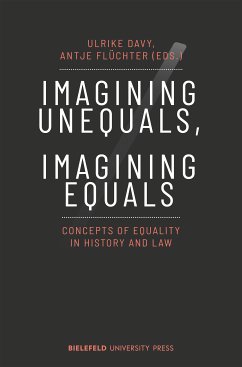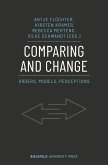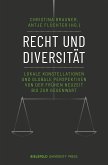Why did »equality« become prominent in European societies based on hierarchy during the Enlightenment? What does »equality« imply for societies, politics, or legal systems? The contributors to this volume draw on various historical case studies, from visionary practices in revolutionary France and the collection of data on the poor in 19th-century Germany, to claims raised under the minority regime of the League of Nations and the anti-discrimination politics of the UN and India. The dynamics of universalizing equality are contrasted with a concept asserting that equality must be limited to and by order. The contributions thus explore concepts of equality from the perspectives of history and law and show that practices of comparing were essential when it came to imagining others as equal, fighting discrimination, or scandalizing social inequalities.
Dieser Download kann aus rechtlichen Gründen nur mit Rechnungsadresse in A, D ausgeliefert werden.









